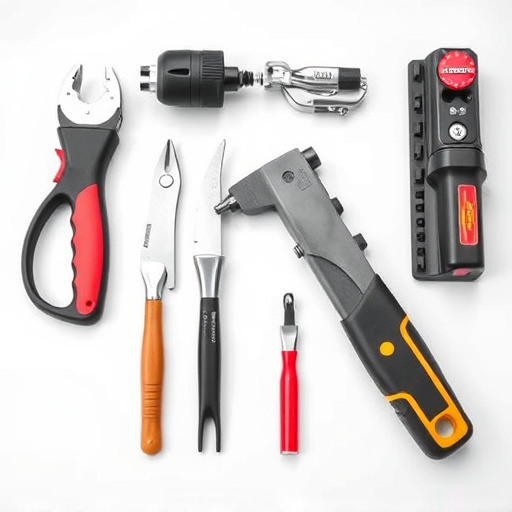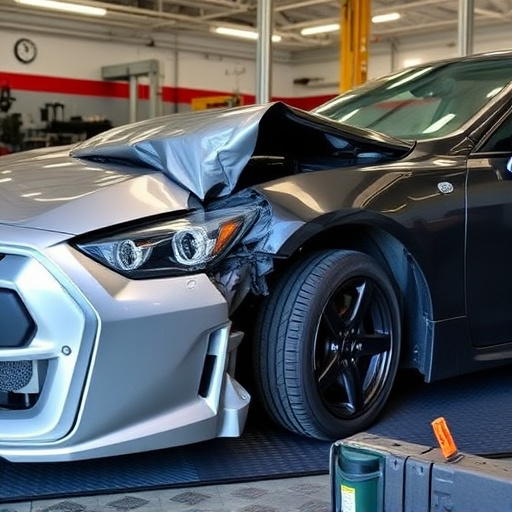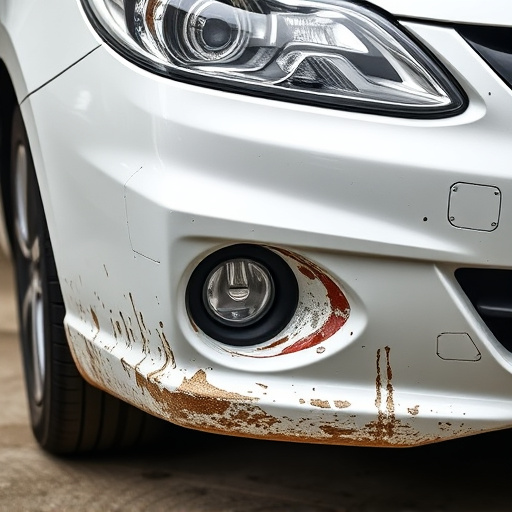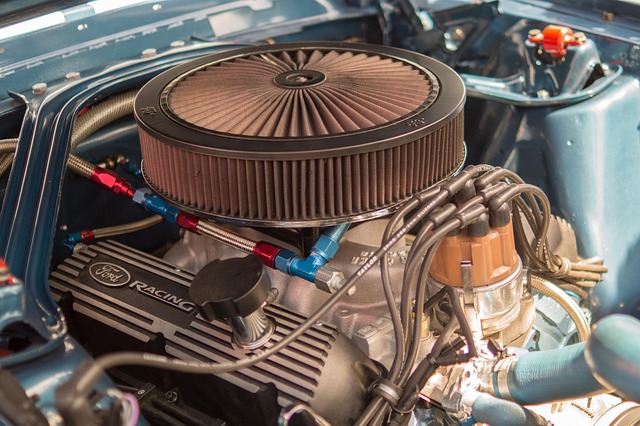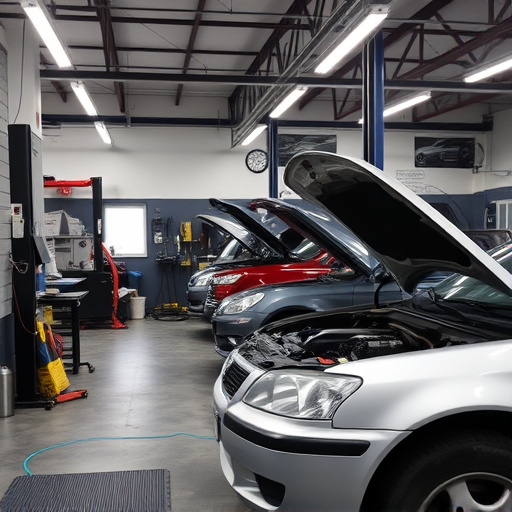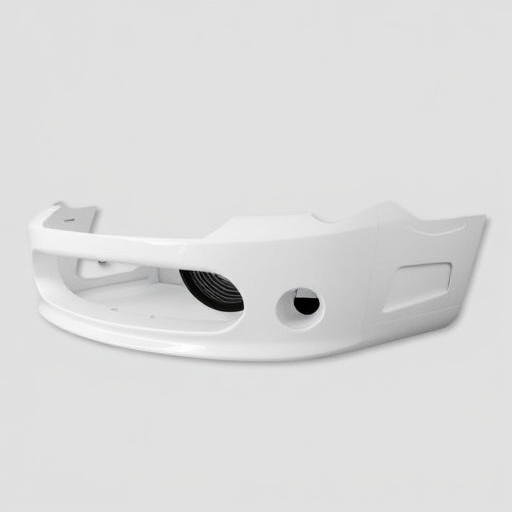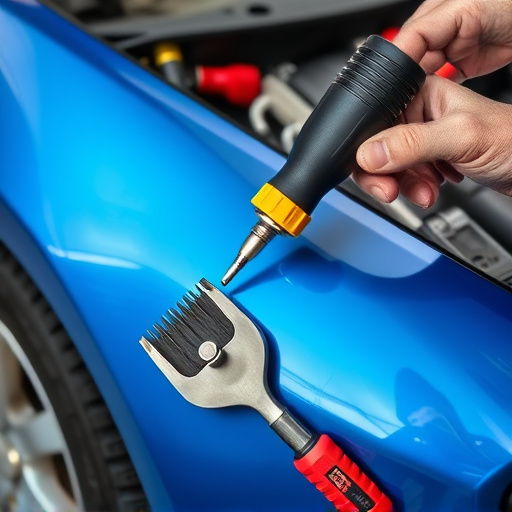In a competitive auto maintenance market, collision repair satisfaction is crucial for fostering customer loyalty. Going beyond technical skill, shops must create empathetic experiences addressing clients' concerns about delays, costs, and convenience throughout the repair process. This personalized approach builds trust, enhances satisfaction, encourages repeat business, and fosters positive word-of-mouth recommendations through active listening and genuine care. By prioritizing empathy, collision repair shops differentiate themselves, build a positive reputation, and thrive with loyal customers.
In the competitive landscape of collision repair, enhancing customer satisfaction is paramount. This article delves into the significance of empathy as a cornerstone in achieving exceptional collision repair satisfaction. Understanding the customer experience is crucial; fostering trust and loyalty through empathetic practices can revolutionize the industry. By implementing strategies that prioritize emotional connections, collision repair businesses can elevate service quality, ensuring clients feel valued and respected throughout the process. Empathy becomes a game-changer, transforming how workshops engage with customers.
- Understanding Collision Repair Satisfaction: The Customer Experience
- The Role of Empathy in Building Trust and Fostering Loyalty
- Strategies to Incorporate Empathy into Collision Repair Processes
Understanding Collision Repair Satisfaction: The Customer Experience

In the realm of collision repair, understanding customer satisfaction is paramount to fostering a positive and loyal clientele. The collision repair satisfaction experience transcends mere technical expertise; it delves into the emotional and interpersonal aspects of interacting with auto repair services. Customers bring their vehicles, often valuable assets, to businesses for repairs, expecting not just competent auto dent repair but also a considerate and sympathetic approach.
The journey of vehicle bodywork restoration involves several touchpoints where empathy plays a critical role. From the initial interaction where technicians assess damage to the final handover, each step should be handled with care and understanding. Customers appreciate when repair shops go beyond fixing dents or scratches; they want their concerns about delays, costs, and overall convenience addressed empathically. This personalized service not only enhances satisfaction but also encourages repeat business and positive word-of-mouth recommendations in the competitive auto maintenance market.
The Role of Empathy in Building Trust and Fostering Loyalty

Empathy plays a pivotal role in transforming collision repair experiences from transactional to exceptional. When auto body shop staff demonstrate empathy, they create a human connection with customers, fostering an environment of trust and understanding. This is crucial for collision repair satisfaction, as it goes beyond fixing dents and scratches; it’s about acknowledging the customer’s frustration, stress, and inconvenience caused by the accident. By actively listening to and validating their concerns, employees build rapport, making customers feel valued and respected.
This empathic approach encourages loyalty, as satisfied clients are more likely to return for future auto body services. A collision repair shop that prioritizes empathy not only retains customers but also fosters a positive reputation, setting them apart from competitors. It’s about treating each customer with care and ensuring they feel part of a community, ultimately leading to a loyal following and a thriving business.
Strategies to Incorporate Empathy into Collision Repair Processes

Incorporating empathy into collision repair processes is a strategic move to enhance customer satisfaction and build stronger relationships. Auto body repair shops can start by actively listening to clients’ concerns and experiences, validating their feelings, and showing genuine care. This involves training staff to be more attuned to non-verbal cues and personal narratives, ensuring every interaction is empathetic rather than transactional.
Additionally, personalized communication can make a significant difference. Providing clear, consistent updates on the repair process, using simple language, and offering choices where possible demonstrates respect for the client’s time and autonomy. Post-repair follow-ups that inquire about customer satisfaction and overall experience further reinforce empathy, transforming the typical collision repair encounter into an opportunity for fostering trust and loyalty, ultimately driving higher collision repair satisfaction rates.
Empathy is a powerful tool in the collision repair industry, as it directly impacts customer satisfaction and loyalty. By understanding and prioritizing the customer experience, repair shops can build trust and create a positive, personalized journey. Implementing strategies that foster empathy ensures a unique and memorable service that goes beyond the physical repair, leaving customers with a sense of care and consideration. This, in turn, promotes repeat business and strengthens the reputation of the repair shop in the competitive market of collision repair satisfaction.


